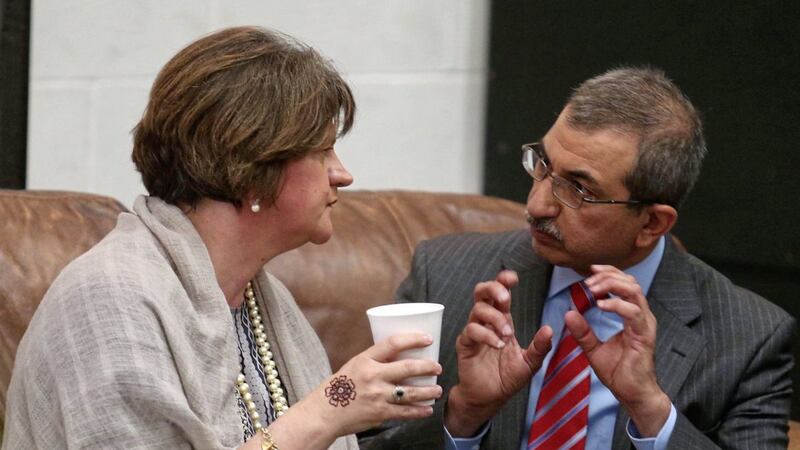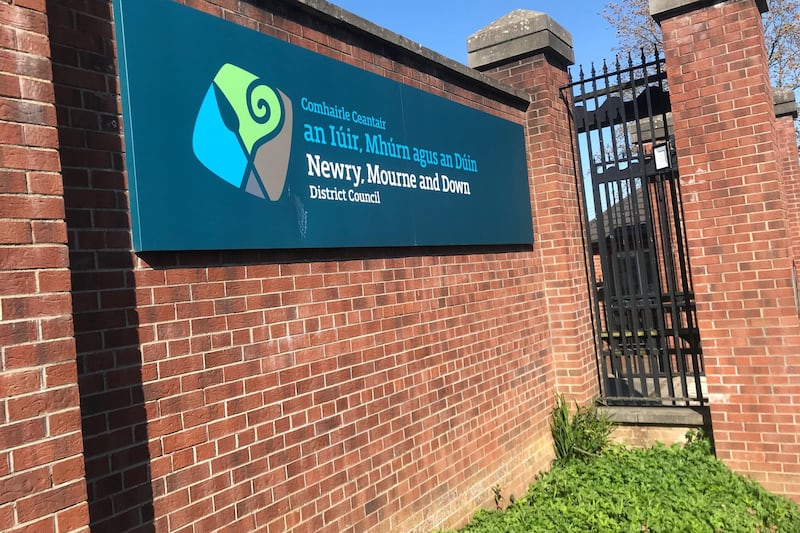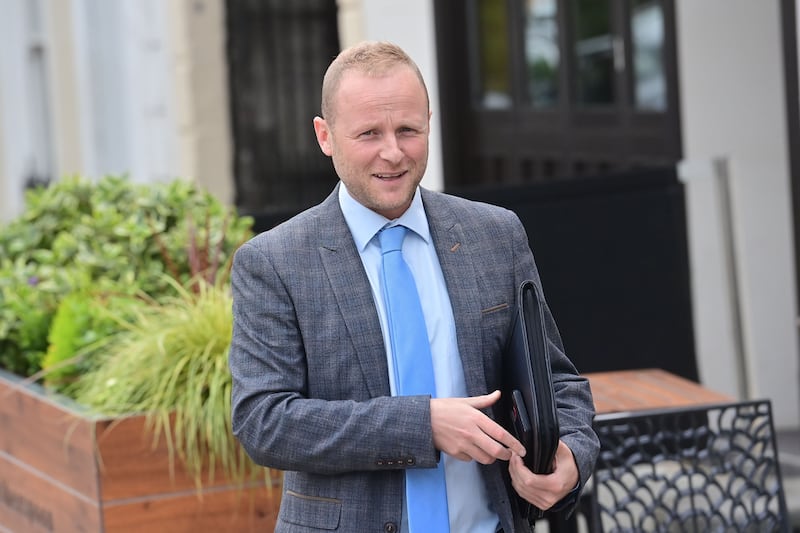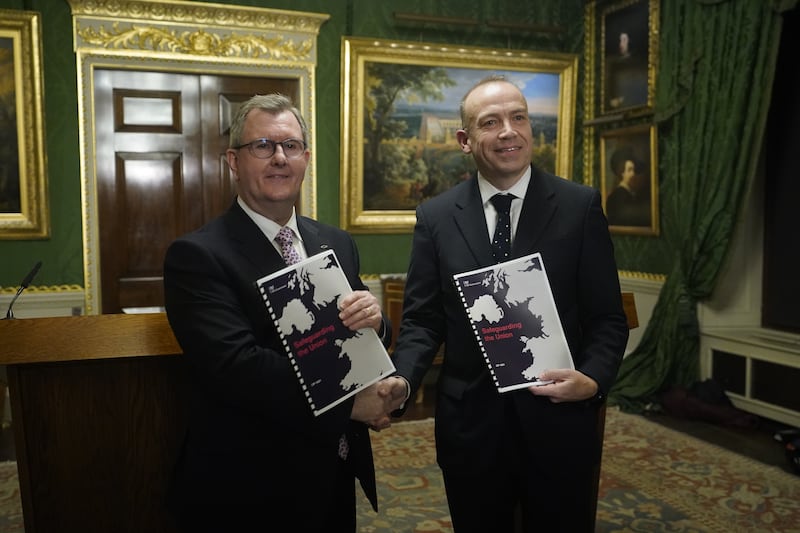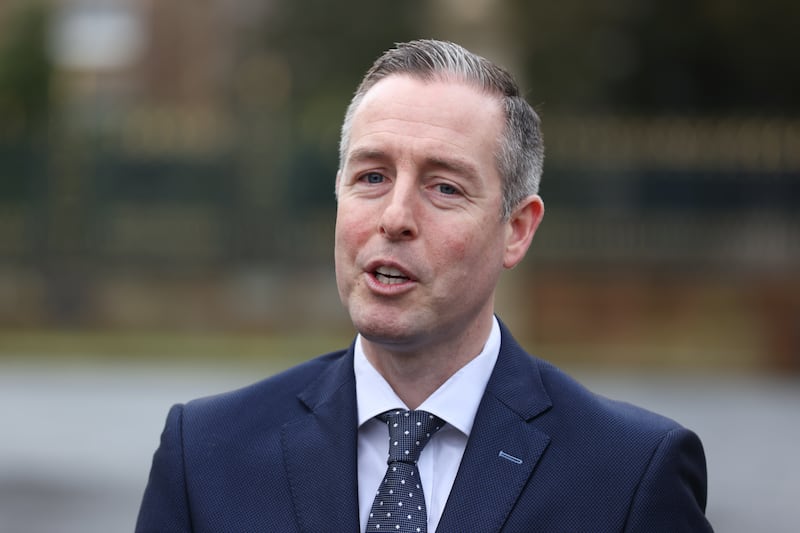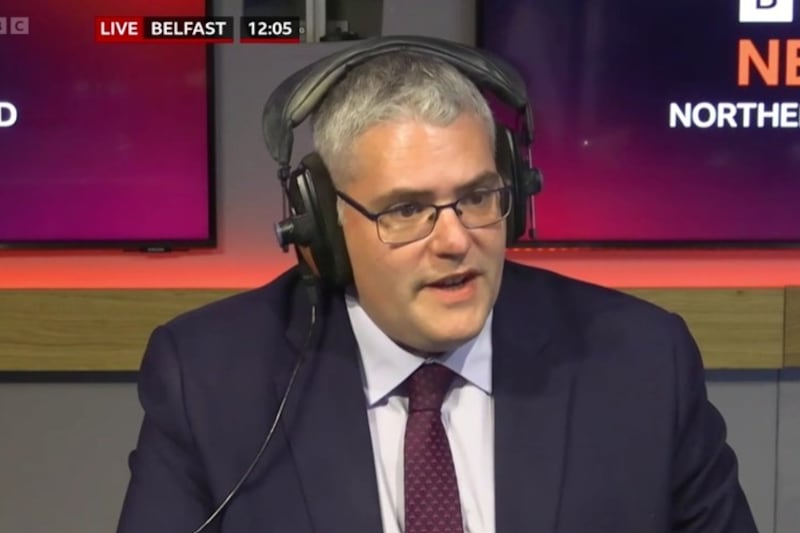More than a few eyebrows were raised last month when Arlene Foster characterised unionism as pluralist and multi-cultural, while branding nationalism "narrow and exclusive". It seemed absurd to many because there's always been a glaring divergence between the DUP's brand of unionism and the values of diversity espoused by mainstream political parties in Britain. The Tories are often derided for being reactionary right-wingers – and many of them are – but it's worth remembering that it was David Cameron's government that legalised same sex marriage in Britain. And it's fair to assume that if any senior Conservative had been heard agreeing to "get the ethnics out" or saying they trusted Muslims to go the shop, they would have faced serious sanctions.
But as signalled in her London speech, Arlene Foster is now determined to cast her party in a better light – she intends to reclaim citizenship and rights issues for what she regards as their rightful political owners. The past week has seen the DUP leader reach out to the north's Islamic community and the GAA, while next week she'll meet representatives from the LGBT community during an event run by Pink News at Stormont.
Some time ago it dawned on elements within the DUP that it had to broaden its base if its dominance of northern politics was to be sustained. A few in the party even realised that the maintenance of the union itself will require the support of sections of population who traditionally wouldn't countenance voting for the DUP. Couple this with a recent undoing of old certainties and there's a greater realisation that all politicians must be more responsive to sudden transformations in the public mood.
This is the context for Mrs Foster's outreach – despite claiming previously she didn't do "gesture politics" – but surely she's been aware of these circumstances for some time? While her series of meetings is to be welcomed, the real test for the DUP leader – and for her party's representatives – is whether the new attitude of 'glasnost' can be sustained. Tokenism will be seen for what it is, if meanwhile her MPs are tweeting thinly-veiled homophobia.
It's worth noting also that Mrs Foster's outreach strategy may not be aimed solely at an external audience. In what may be a rare glimpse of genuine leadership, the former first minister could be preparing her party for a new era of politics in the north, one where the influence of the DUP and wider unionism has diminished and most people embrace the sort of secular values that have predominated in Britain for decades. Any number of gestures from the leader will have little effect if the DUP continues to veto same sex marriage, reform of abortion laws, and an Irish language act.
